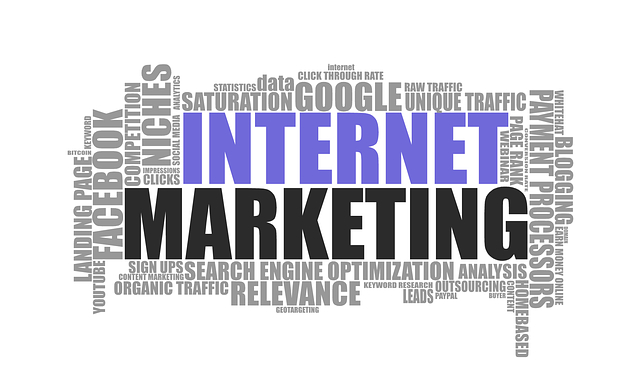Artificial Intelligence (AI) is transforming residential real estate through document automation and AI home energy efficiency audit tools. These technologies streamline processes, speed up transactions, and reduce errors by accurately analyzing documents and evaluating property energy performance. Key benefits include enhanced accuracy, identification of subtle inefficiencies, environmental marketing appeal, and potential carbon footprint reduction. However, challenges like transaction complexity, varying document formats, and data privacy concerns require standardization, digitization, and robust security measures for widespread adoption of these AI tools.
“Revolutionize your real estate closing process with AI residential real estate closing document automation—a game-changer in the industry. This article explores how artificial intelligence (AI) streamlines transactions by automating tedious document tasks, enhancing accuracy, and saving time. From understanding AI’s role in this transformation to examining the benefits of AI home energy efficiency audit tools, we delve into the future of real estate closings. We also discuss challenges and considerations for a successful integration.”
- Understanding AI's Role in Residential Real Estate Closing Document Automation
- Benefits of Implementing AI Home Energy Efficiency Audit Tools
- Challenges and Considerations for AI Integration in Real Estate Closing Processes
Understanding AI's Role in Residential Real Estate Closing Document Automation

Artificial Intelligence (AI) is transforming the landscape of residential real estate, and one of its most promising applications is in closing document automation. This technology streamlines a process that was once manual and time-consuming, allowing for faster transactions and reduced errors. AI algorithms can analyze and extract relevant data from various documents, such as contracts, title records, and property assessments, with remarkable accuracy.
By leveraging AI home energy efficiency audit tools, the process becomes even more efficient. These tools can assess a property’s energy performance, identify areas for improvement, and provide recommendations—all of which are valuable insights for both buyers and sellers. AI-driven document automation not only enhances the speed and accuracy of transactions but also adds a layer of transparency and intelligence to the entire real estate closing process.
Benefits of Implementing AI Home Energy Efficiency Audit Tools

Implementing AI home energy efficiency audit tools offers numerous benefits that can significantly enhance the residential real estate industry. These advanced technologies are designed to streamline and optimize the process of evaluating a property’s energy performance, providing valuable insights for both homeowners and real estate professionals. By leveraging machine learning algorithms, these tools can analyze vast amounts of data from various sensors and sources to identify areas where energy efficiency improvements can be made.
One of the key advantages is the ability to provide more accurate and detailed audits compared to traditional methods. AI-driven systems can detect subtle patterns and anomalies in energy consumption, pinpointing potential inefficiencies that might go unnoticed otherwise. This not only helps homeowners make informed decisions about retrofitting their properties but also enables real estate agents to market homes with enhanced environmental features, appealing to environmentally conscious buyers. Moreover, these tools contribute to broader sustainability goals by potentially reducing the carbon footprint of residential buildings.
Challenges and Considerations for AI Integration in Real Estate Closing Processes

The integration of AI into residential real estate closing document automation presents a promising future, but it’s not without its challenges. One significant hurdle is the intricate and often complex nature of real estate transactions. Documents can vary widely in format and content, making it difficult for AI to interpret and process them accurately, especially when dealing with unique or non-standard contracts. Standardization and digitizing these documents are crucial steps towards seamless automation.
Furthermore, data privacy and security are paramount concerns when handling sensitive information related to real estate. AI home energy efficiency audit tools, for instance, require access to detailed property data, raising questions about the protection of personal and financial details. Implementing robust security measures and ensuring compliance with data protection regulations are essential considerations before adopting any AI-driven solutions in this sector.
AI residential real estate closing document automation is a game-changer, offering enhanced efficiency and accuracy. By leveraging AI and its advanced capabilities, such as natural language processing and machine learning, the process of creating, reviewing, and managing closing documents becomes streamlined. Furthermore, integrating AI home energy efficiency audit tools can provide valuable insights into potential cost savings for homeowners, making transactions more informative and beneficial. While challenges exist, including data privacy concerns and initial implementation costs, the benefits far outweigh the obstacles. As the real estate industry continues to evolve, embracing AI automation is crucial for staying competitive, ensuring a smoother closing process, and delivering exceptional service to clients.
